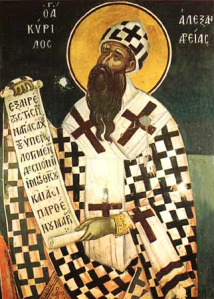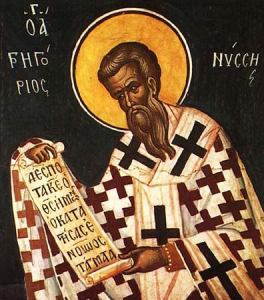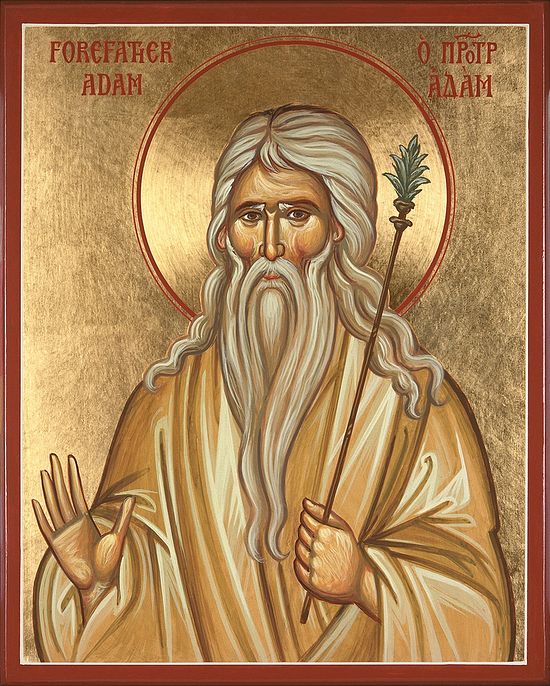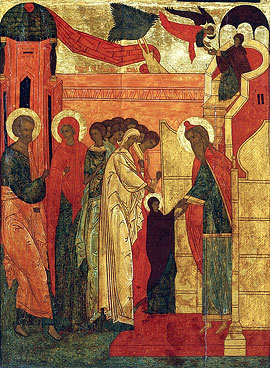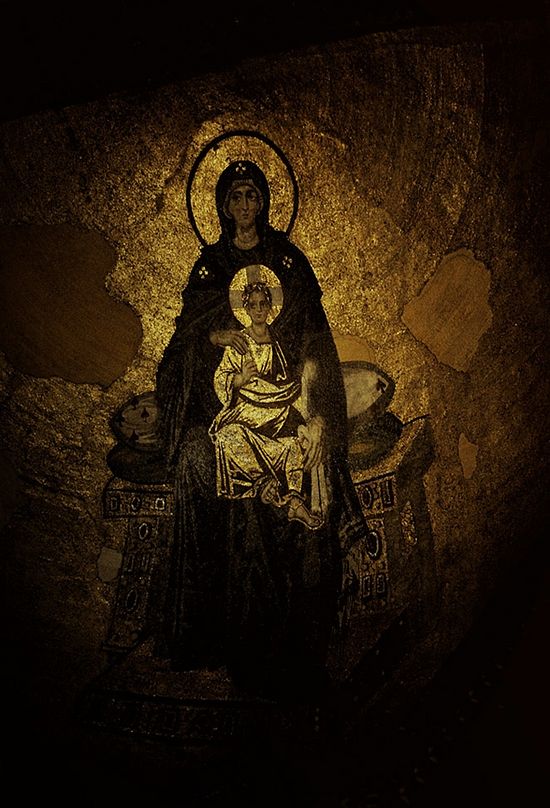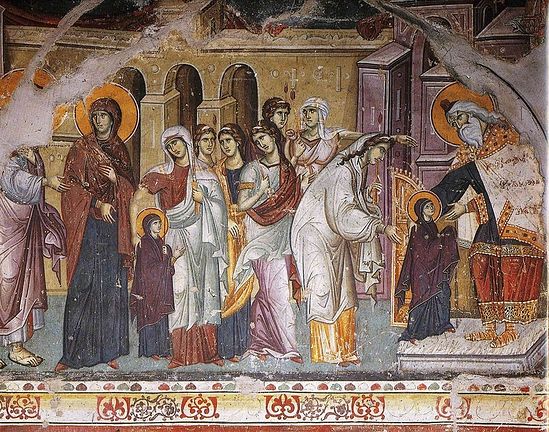 St. Philaret of Moscow
St. Philaret of Moscow
Hearken, O daughter, and see, and incline thine ear; and forget thine own people and thy father’s house. And the King shall greatly desire thy beauty,1 for He Himself is thy Lord, and thou shalt worship Him.
Ps. XLIV: 9-10
God is wondrous in His ways, for in order to make blessed the being that comes from Him with a most exalted and incomprehensible blessedness, He from the ages deigned to unite His own nature with the nature of man, in the Person of His Only-Begotten Son—thus through Him to extend this union also to the fullness of the Church, which, according to the law of incarnation, is His body, and in this manner dissolving and as if mutually leveling all divinity with all lowly things, That in the dispensation of the fullness of times (Eph. 1:10), as the apostle says, When all things shall be subdued unto him, then shall the Son also himself be subject unto him that put all things under him, that God may be all in all (1 Cor. 15:28). This great resolution of the eternal counsel, or, according to the Apostle, thismystery, although it hath been hid from ages and from generations, is now made manifest also to his saints (Col. 1:26); and the Holy Spirit nevertheless revealed even this very revelation, which bears seven seals,to His mystics, and through them to all humankind to the extent of its gradually growing understanding obligating it to match up to and facilitate its fulfillment. Thus did one of the Prophets, who saw mankind in the past days of its infancy and under the guardianship of the law growing to the fullness of its years, when it was obligated to become capable of its task of being betrothed to Divinity and giving birth to a timeless Child, portrays the Son of God as the King approaching the wedding. And taking upon himself the role of the bringer of the bride, or friend of the bridegroom, the Prophet as if impatiently convinces human nature not to further postpone this blessed union by betrayal and insubordination, but to commit itself to it through sincerity and faithfulness. Hearken, O daughter, and see, and incline thine ear; and forget thine own people and thy father’s house. And the King shall greatly desire thy beauty
